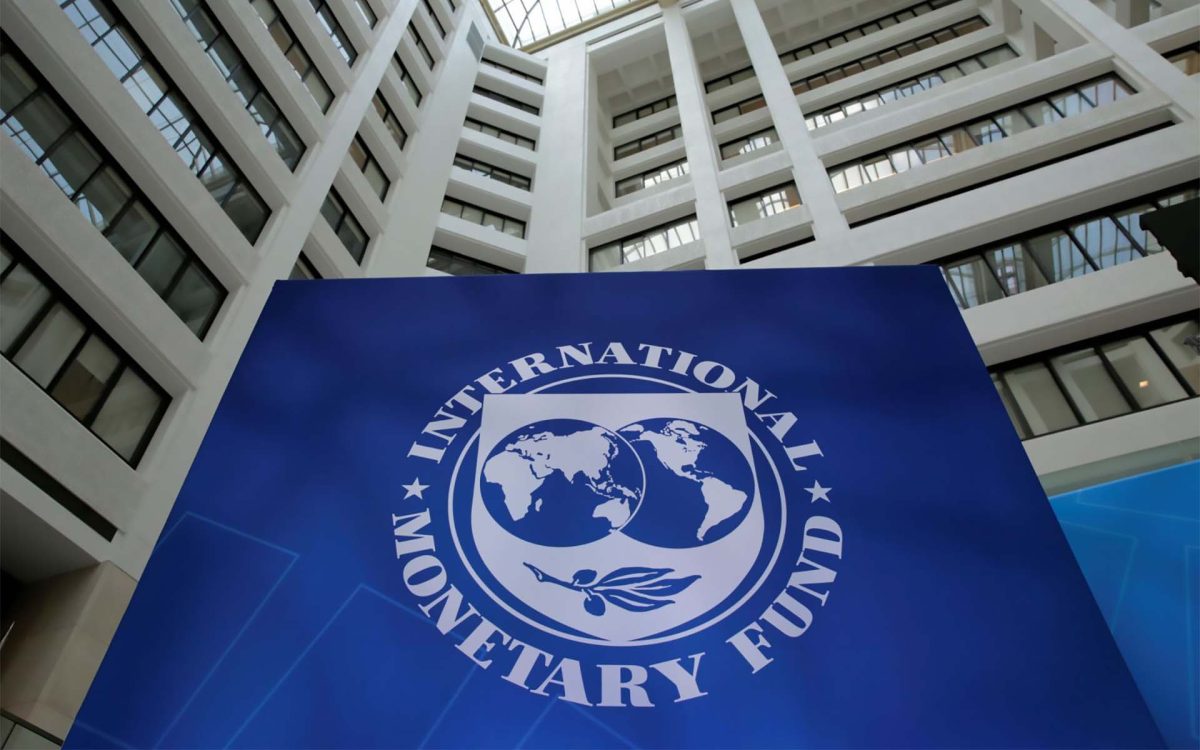IMF Disputes El Salvador’s Bitcoin Purchases, Cites Asset Consolidation
18.07.2025 7:30 1 min. read Kosta Gushterov
A new report from the International Monetary Fund (IMF) suggests that El Salvador’s recent Bitcoin accumulation may not stem from ongoing purchases, but rather from a reshuffling of assets across government-controlled wallets.
The July 15 briefing includes a footnote stating that increases in the country’s Strategic Bitcoin Reserve Fund “reflect the consolidation of Bitcoin across various government-owned wallets,” casting doubt on claims of new acquisitions.
This directly contradicts statements from El Salvador’s National Bitcoin Office, which has repeatedly asserted that the country is buying Bitcoin on a daily basis. The Central American nation made headlines in 2021 as the first to adopt Bitcoin as legal tender and continues to promote its crypto strategy as part of a broader financial overhaul.
The IMF’s report emphasizes that the total public sector Bitcoin holdings “have remained unchanged since program approval” and urged the government to “keep the public sector’s holdings of Bitcoin unchanged.” This language echoes the IMF’s longstanding concerns about El Salvador’s Bitcoin policies, which it previously tied to conditions for a $1.4 billion funding agreement.
Despite the ongoing dispute, on-chain data indicates that El Salvador currently holds over 6,200 BTC—worth more than $738 million at current prices—making it one of the largest sovereign holders of the cryptocurrency worldwide. The discrepancy between the government’s public stance and the IMF’s assertions raises fresh questions about transparency in El Salvador’s Bitcoin strategy.
-
1
Bitcoin Whales Accumulate as Long-Term Holders Hit All-Time High
03.07.2025 21:00 2 min. read -
2
Public Companies Outpace ETFs in Bitcoin Buying: Here is What You Need to Know
02.07.2025 12:30 2 min. read -
3
Arizona Governor Vetoes Bill, Related to State Crypto Reserve Fund: Here Is Why
02.07.2025 16:00 2 min. read -
4
Crypto Inflows hit $1B Last Week as Ethereum Outshines Bitcoin in Investor Sentiment
07.07.2025 20:30 2 min. read -
5
Robert Kiyosaki Buys More Bitcoin, Says He’d Rather Be a ‘Sucker Than a Loser’
02.07.2025 22:00 1 min. read
Sberbank Moves to Dominate Russia’s Crypto Custody Sector
Sberbank, Russia’s largest state-owned bank, is preparing to launch custody services for digital assets, marking a significant expansion into the country’s evolving crypto landscape.
Ethereum Sparks Altcoin Season as FOMO Shifts Away From Bitcoin
Traders are rapidly shifting their focus to Ethereum and altcoins after Bitcoin’s recent all-time high triggered widespread retail FOMO.
BSTR to Launch With 30,021 BTC, Becomes 4th Largest Public Bitcoin Holder
BSTR Holdings Inc. is set to become the fourth-largest public holder of Bitcoin, announcing it will launch with 30,021 BTC on its balance sheet as part of its public debut.
Altcoins Gain Momentum as Bitcoin Dominance Drops to 61.6%
The cryptocurrency market is experiencing a notable shift in capital flows as Bitcoin’s market dominance has dropped to 61.6%, marking a 2.36% decrease.
-
1
Bitcoin Whales Accumulate as Long-Term Holders Hit All-Time High
03.07.2025 21:00 2 min. read -
2
Public Companies Outpace ETFs in Bitcoin Buying: Here is What You Need to Know
02.07.2025 12:30 2 min. read -
3
Arizona Governor Vetoes Bill, Related to State Crypto Reserve Fund: Here Is Why
02.07.2025 16:00 2 min. read -
4
Crypto Inflows hit $1B Last Week as Ethereum Outshines Bitcoin in Investor Sentiment
07.07.2025 20:30 2 min. read -
5
Robert Kiyosaki Buys More Bitcoin, Says He’d Rather Be a ‘Sucker Than a Loser’
02.07.2025 22:00 1 min. read


